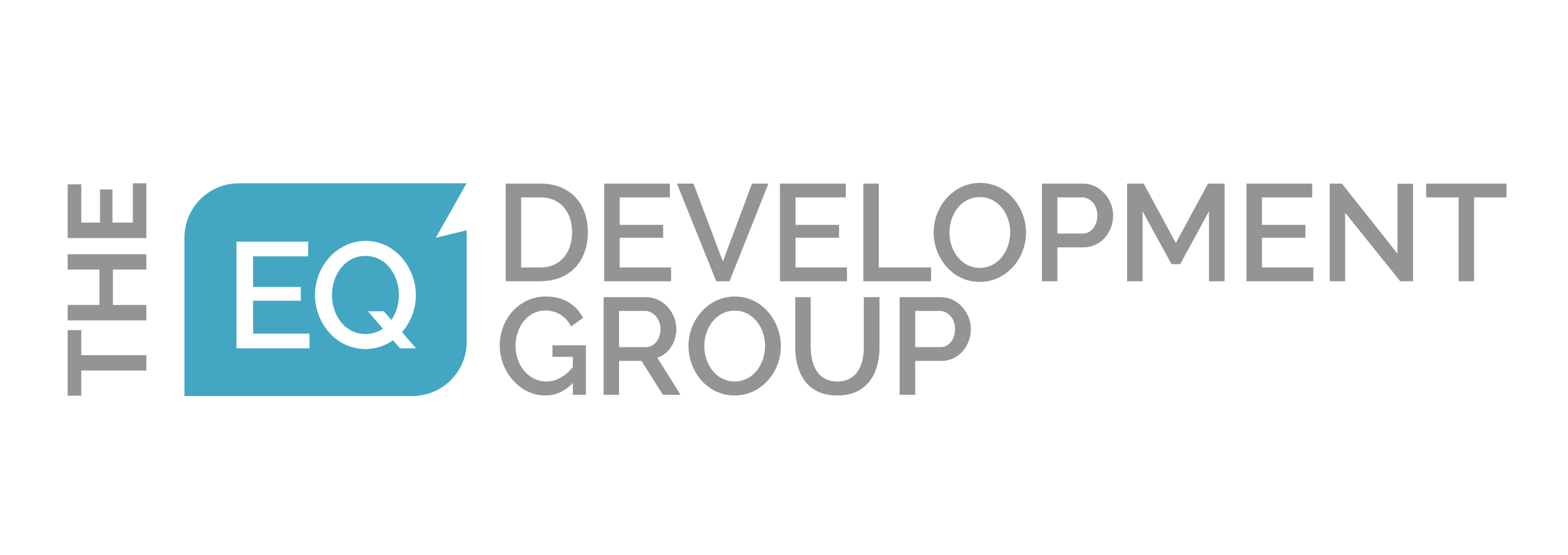How Important is Emotional Intelligence in a Workplace?
Incorporating emotional intelligence assessments in the workplace for a Texas-based Fortune 500 company transformed their staff retention – by a whopping 67%. And here’s the kicker – their profit rose by $32 million annually. This is just one of several stories and studies that shine the light on the importance of emotional intelligence in the workplace.
However, alarming results show that only 30% of companies look for emotional intelligence during the interview process. If you aren’t convinced already, read on to learn more about the importance of EQ.
The Importance of EQ in a Workplace
EI, also known as emotional intelligence, is measured by the emotional intelligence quotient (EQ). It refers to someone’s ability to recognize and manage their own emotions and even the feelings of others. Most companies are beginning to prioritize a higher EQ than IQ and are more likely to promote someone with high emotional intelligence.
A high EQ is beneficial not only to the employee but also to their employers. They tend to make $29,000 more annually than a colleague with a lower EQ and boost their company’s revenue immensely. One study of 44 Fortune 500 companies revealed salespeople with a high EQ produced twice the revenue as their colleagues. That’s a win-win for everyone.
But why is emotional intelligence more important than the competency it takes to get the job done, i.e. someone’s IQ? A recent collaborative study makes it clear – happy people like to work with other happy people. If your leaders are unable to control their frustrations, it can lead to chaos in the workplace. There are a number of ways you can measure and help manage emotional intelligence. Without diving too deep and turning this brief overview into a lengthy read, these are 5 general examples you can consider.
Self-awareness
People with high levels of emotional intelligence are acutely aware of both their strengths and weaknesses. They can take criticism and use it to grow and improve as individuals.
Anger and productivity roadblocks are common for managers who have to deal with employees who become defensive when given criticism. At times, employees may find it challenging to recognize their own limitations. These employees tend to overpromise and under-deliver. Those with high emotional intelligence are conscious of their own abilities and limits.
Self-regulation
Stress management is a skill that those with high emotional intelligence possess. Working with a boss who disapproves of your work or a dissatisfied customer is a challenge that could happen at any point. It’s essential to keep cool in these situations and avoid emotional outbursts. While many employees dream of telling their boss to take a hike, it typically doesn’t go well.
People with strong emotional intelligence understand that behaving impulsively or negatively will only cause more harm than good. They are able to keep their emotions under check and display them in a controlled manner only when necessary.
Motivation
Have you ever noticed how great leaders can inspire their team with productivity because they make work fun and meaningful? Those with a high EQ can motivate others because they have a deep awareness of their own emotions and how to interpret and change the emotions of others. They have the ability to assist coworkers in being more productive and becoming their best selves. This means taking a keen interest in what can help them reach the next level and showing them the way. This is a crucial quality for individuals seeking leadership roles that require them to be in charge of and responsible for other members of staff.
Empathy
Empathy is an essential trait in a leadership role for someone with a high EQ. By understanding someone else’s perspectives, it can be easier to connect with the employee and find the right way to motivate them.
If someone is having a bad day or overwhelmed with their workload, empathy can help ease their stress and make a better workplace environment. If you have a feeling that someone is feeling upset or frustrated in the workplace, responding with kindness and understanding first is a must to understand where their emotions are coming from and how to move forward.
Social skills
Humans are social creatures and require collaboration and interaction in order to produce the best results. Someone that locks themselves away in their office all day may be missing out on valuable input from a team member in another department. Social skills also include active listening, not interrupting, and asking questions.
After understanding these concepts of emotional intelligence, you can easily understand why it can outperform a high IQ. It’s no wonder that EQ-based training results in as much as 8x the ROI (return on investment) than training seminars or workshops that aren’t related to EQ. It’s astonishing to realize that ¾ of careers are derailed due to the lack of emotional competencies, but now we can focus on the right things in the workplace. By investing in your team’s EQ today, you can set the standard for a better future.
At The EQ Development Group, we help develop emotionally intelligent leaders with workshops, programs, and coaching to create healthy organizations. Contact us to begin your journey to a more productive workplace.



